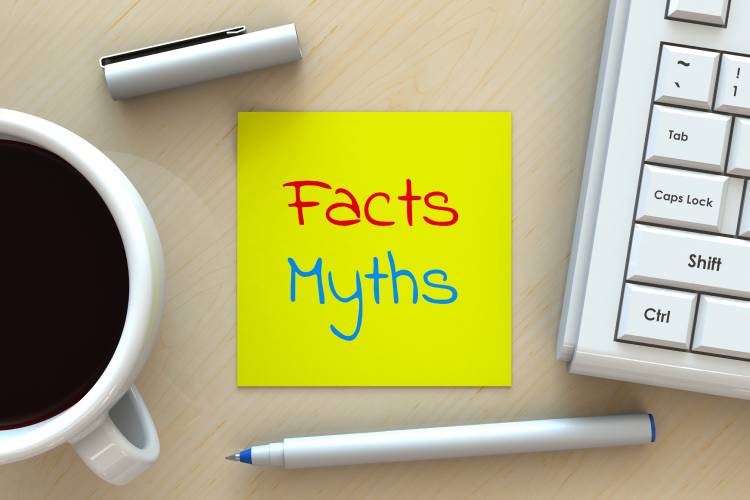
Defend Your Immune System Against the Loss of Immunity! Boost Your Immunity With These Tips
August 4, 2021
Busting the Biggest Misconceptions About Healthy Living
August 18, 2021Sustainable Approach Towards Healthy Nutrition Diet Products
A sustainable nutrient diet products is not only healthy but also has the least harmful impact on the environment. Such a diet can help maintain health and make sure that the health of our planet is not compromised.
What Constitutes a Sustainable Diet?
A sustainable diet includes vegetables, fruits, grains, nuts, legumes, and all those things that are received from the planet itself. If a person believes in eating sustainably, he would be against refined grains, sugars, and processed foods, all of which require industrial practices.
Habits are not easy to change. So, making a massive change at once may be difficult, but we can start by making a small change, reducing the intake of animal products, for example, following chicken-free Tuesday or meat-free Friday.
Fish, lamb, meat, and dairy products are among the most unsustainable options because of their processing techniques and transportation requirements. Overfishing has led to depleted fish stocks.
Is a Sustainable Diet Sufficient to Meet Nutritional Requirements?
A sustainable diet has no risk, as it meets all the person’s dietary needs apart from calcium, for which milk and dairy products are essential.
Understanding and accepting the fact that dairy products have a significant environmental impact, we also cannot deny that dairy products are an indispensable source of protein, calcium, and essential amino acids and are necessary for reducing the risk of chronic diseases.
How to Fix This Problem?
1. Milk and dairy can be used in moderation; eat low-fat unsweetened dairy products on a daily basis and rest in moderation.
2. Reduce consumption of high-fat cheese.
3. Choose plant-based drinks that contain vitamins and minerals, like calcium.
Avoid Packaging:
Packaging can be non-recyclable and can contribute to environmental degradation. We can either make use of recyclable material or avoid using packaging.
Choose Seasonal Foods:
A sustainable choice can be foods grown locally. If we choose those foods that are not in the season where we live, then the cost of producing and storing foods past the natural growing seasons is usually higher than shipping foods in season somewhere else.
Choose Supplements:
Although supplements are still controversial as some people believe that they are harmful, the regular diet is not enough to meet the nutritional requirements. Choosing supplements can help you fulfil the deficit nutrients.
A sustainable diet aims not to starve you but to teach you that you can lead a healthy life alongside taking care of the earth. To conclude, we need to understand the importance of a sustainable diet in our lives for a better tomorrow.



